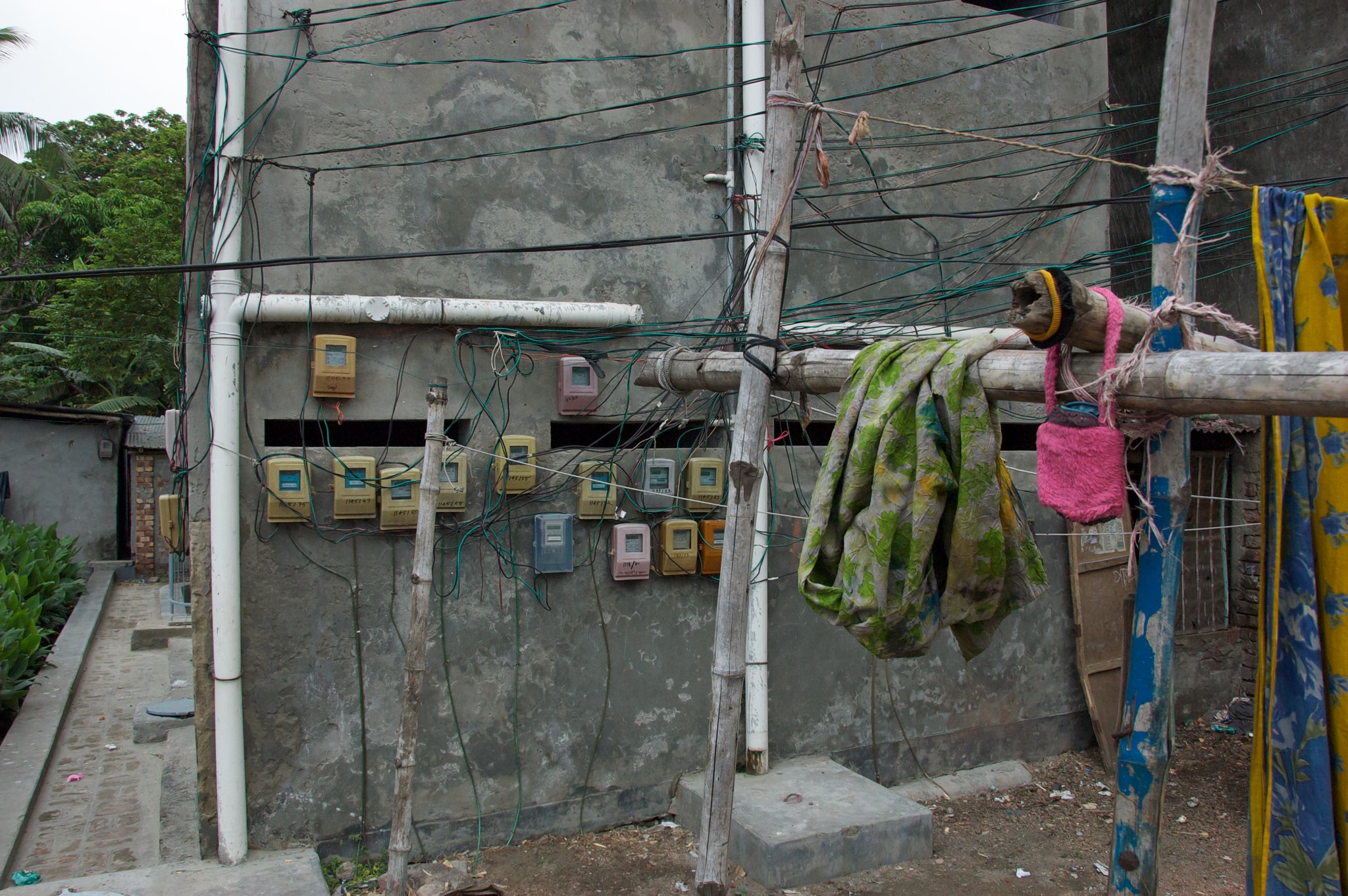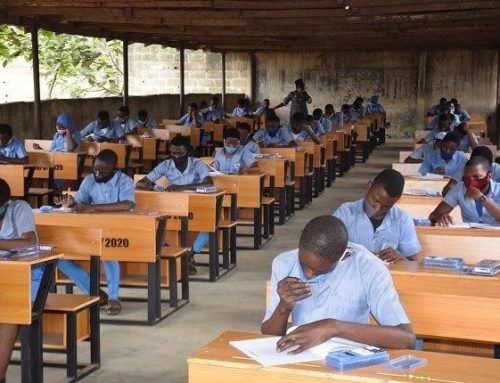
Research question
Bangladesh had a number of cost-effective private sector investments in the power sector in the 1990s but in the following decade investments dried up, resulting in severe power shortages. To break the impasse the government chose to solicit investments without competitive tenders. Power sector investments increased but some of these investments have been high-cost and there have been allegations of political connections between investors and government. Procurement reforms have not been effective. Why did this change happen and is it feasible to reverse this and improve the sustainability of investments?
Project summary
This project is working with qualitative and quantitative econometric data in order to examine the complex relationship between the mode of subsidy provided to the power sector and the types of investors and investments it attracts. As a poor economy, a purely cost-reflective tariff has not been judged to be a viable strategy in Bangladesh. However, different forms of subsidy imply very different risks for private investors. When the subsidy was provided through government land for projects and low-cost international financing, the risk for private investors was low and politically-unconnected investors would bid. Competition enabled the enforcement of procurement rules. Later the form of subsidy changed, from direct subsidies from the exchequer to the state power distribution company buying power from private producers. With the same bottom line this approach increased the political risk for sector players, as payment now depended on the timely and regular release of funds by the exchequer over the lifetime of the project. We believe this contributed to a reduction in the number of competent bidders. Instead of addressing the underlying problem, the government’s strategy solved the supply problem but at an unsustainably high cost.
We are testing the plausibility of our hypothesis with data from power plants, comparing this with the form of subsidy received (for example, government leased land or international financing) in order to understand the impact on the costs of generation from 2010‑2016. From this we will draw implications about the most effective financing structures which could be cost-effective and limit damaging forms of corruption.
Partners
Mushtaq Khan and Joseph Ajefu (SOAS University of London), Iffat Zahan, Mehnaz Rabbani (BRAC Institute of Governance and Development (BIGD-BRAC University).
Research publications
Blog: Addressing collusive contracting in Bangladesh’s electricity
De-risking as an anti-collusion strategy in Bangladesh’s power sector (Briefing Paper)
Cheaper, cleaner power: De-risking as an anti-collusion strategy in Bangladesh (Working Paper)
This project is now completed.







